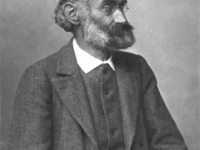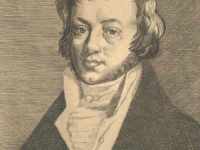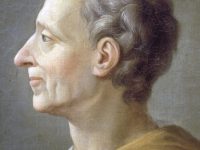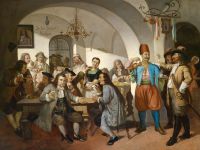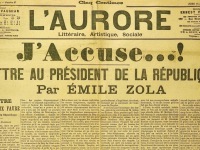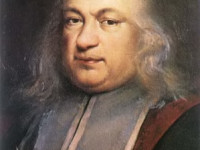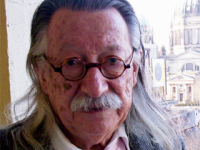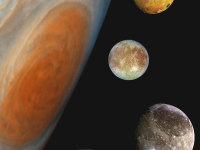Ernst Abbe – Brilliant Engineer and Courageous Social Reformer
On January 23, 1840, German physicist, optometrist, entrepreneur, and social reformer Ernst Abbe was born. Together with Otto Schott and Carl Zeiss, he laid the foundation of modern optics. As a co-owner of Carl Zeiss AG, a German manufacturer of research microscopes, astronomical telescopes, planetariums and other optical systems, Abbe developed numerous optical instruments. “Whatever entrepreneurial income is received shall be returned to the public, it does not belong to those who…
Read more











